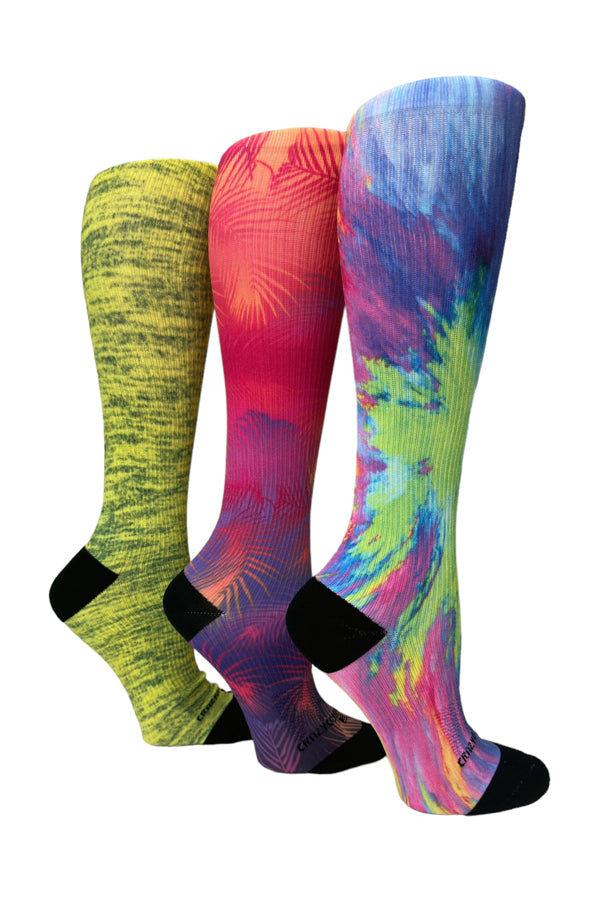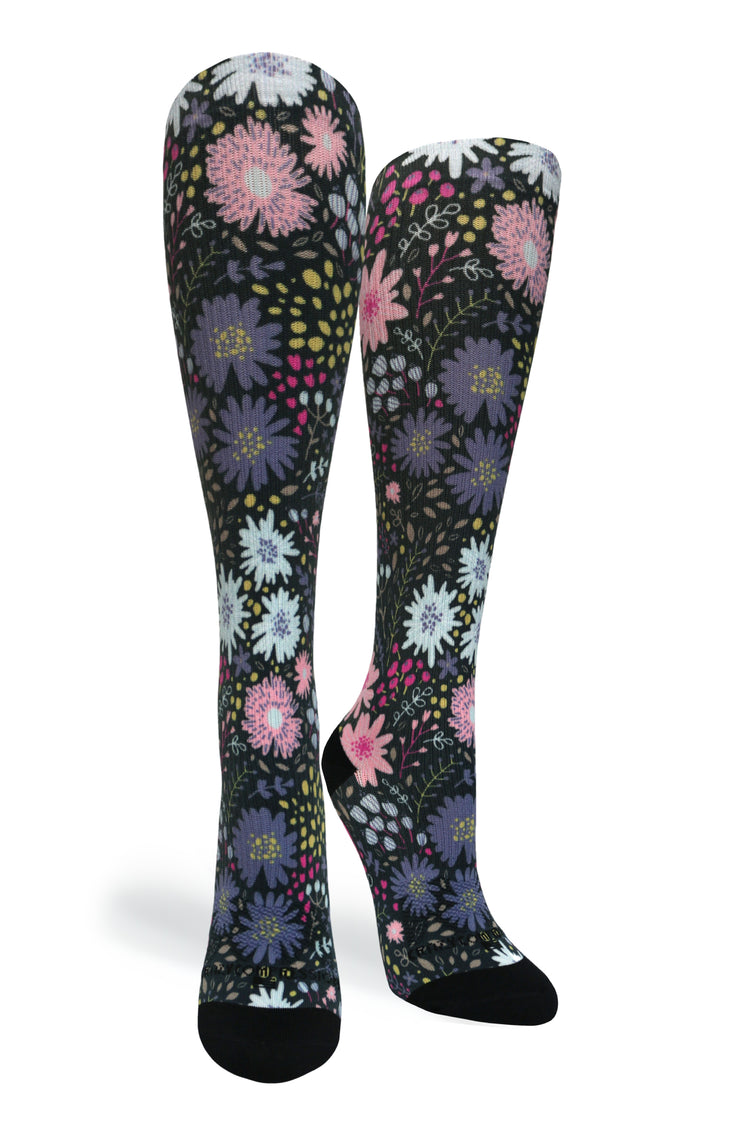While they share some similarities, yoga and Pilates vary greatly in origin, movement, and discipline, among many other factors. Both forms of exercise provide a wealth of health benefits that can be helpful for just about anyone willing to take the time and put in the effort. If you've been wanting to try one of these great methods of exercise but aren't sure which to choose, you can read more about both of them here.
What is Yoga?
The history of yoga is long and complicated, with roots in both the East and the West. The practice of yoga is thought to have originated in India, but many different cultures have influenced it over the years. The earliest recorded mention of yoga was found in Hindu scripture that dates back to 3000 BC. Yoga has seen a surge in popularity in the West in the late 19th and early 20th centuries and has since been adopted and embraced by many different cultures and traditions. It's a tried-and-true holistic method of exercise that has lasted for many centuries.
Yoga can mean many different things to different people, but yoga is a practice that involves physical, mental, and spiritual disciplines, which are designed to promote health and well-being. The physical practices of yoga generally include Asanas (yoga postures or positions), Pranayama (breath control), and Dhyana (meditation). The mental and spiritual practices of yoga can include Mantras (chanting), Japa (repetition of a sacred word or phrase), and, again, Dhyana. Yoga has been developed in a variety of forms. A popular kind of yoga is Hatha, which is slow-paced and good for beginners. Other varieties could have a quicker tempo or more strenuous postures. Pose adjustments can be made by instructors to accommodate student needs.
Yoga is known to ease some levels of back and neck pain. Some of the more basic stretches are commonly recommended for improving the mobility and health of people with chronic lower back pain. It's been connected to better sleep; if one time their regular yoga routine right before they go to bed, it can help clear the mind and ease your brain and body into sleep mode. Yoga is as beneficial for the mind as it is for the body. There is evidence that yoga can help with stress management and mindfulness. Other benefits of yoga include improved balance, reduced pain in areas of the body, and help with weight loss.
What is Pilates?
Pilates is a system of physical fitness developed in the early 20th century by Joseph Pilates. He created a set of exercises to bolster the human mind and body. According to Pilates, physical and mental wellness are intertwined, and his method of exercise centers around this philosophy. He had utilized several of the physical training programs offered in Germany when he was younger, and it was from these that he created his approach. While imprisoned at the Knockaloe internment camp on the Isle of Man during WWI, Pilates said that this was when the idea for his approach came about. He worked with other prisoners there for four years while he established his methodology. After he was released, Pilates published two books on this training method. From there, a movement focusing on his techniques spread around the world.
Pilates is a type of exercise that uses controlled, precise movements to condition different parts of the body, with an emphasis on the core muscles. Pilates can be done with or without equipment and can be adapted to different fitness levels. It emphasizes alignment, breathing, building a strong core, and enhancing balance and coordination. Pilates also focuses on the smaller, deeper muscles that strengthen your body overall and sustain your structure.
As noted previously, Pilates is most beneficial for improving core strength. Core strength is important because it helps support your spine and pelvis and enables you to move your arms and legs. A strong core helps you maintain good posture and can prevent back pain. Some studies suggest that Pilates can help control weight and reduce pain for individuals with chronic issues. Pilates is believed to be good for stress because it requires concentration and focus, which can help to distract from stressors. Additionally, the breathing exercises associated with Pilates can help to relax the mind.
Choosing What's Best For You
It can be difficult to choose between yoga and Pilates since both could be relatively new kinds of exercise compared to what you're typically used to seeing or hearing. Consider some of these differences to choose the best option for you.
1. Machines
One of the bigger differences between yoga and Pilates is the use of machines. Both utilize the use of a mat for posing and stretching, but Pilates can often employ the use of exercise machines. The Pilates reformer, invented by Pilates himself, was built to complement Pilates workouts. While Pilates doesn't require a machine, many workouts require using them to see the maximum benefits.
2. Breathing
Yoga and Pilates highlight certain breathing methods to achieve unique results. In yoga, breathing is integral for relaxation. As you breathe with your belly, your blood is oxygenated and lowers in pressure, relieving tension and maximizing relaxation. Breathing methods in Pilates are much more structured and rigid, focusing more on form than a relaxed feeling in the body.
3. Intensity
While you get out of these exercises what you put into them, you'll find that many of the methods in Pilates are a bit more intensive than yoga. Because Pilates is centered around the core, you'll feel more of a burn than in a yoga session.
4. Spirituality
Yoga is not a religion, but it encourages one to meditate and reflect on the mind's relationship with the body. It's an exercise method that challenges individuals to reach into themselves while moving their bodies. Pilates is, in contrast, more focused on exercise for rehabilitative purposes.








Leave a comment
This site is protected by reCAPTCHA and the Google Privacy Policy and Terms of Service apply.